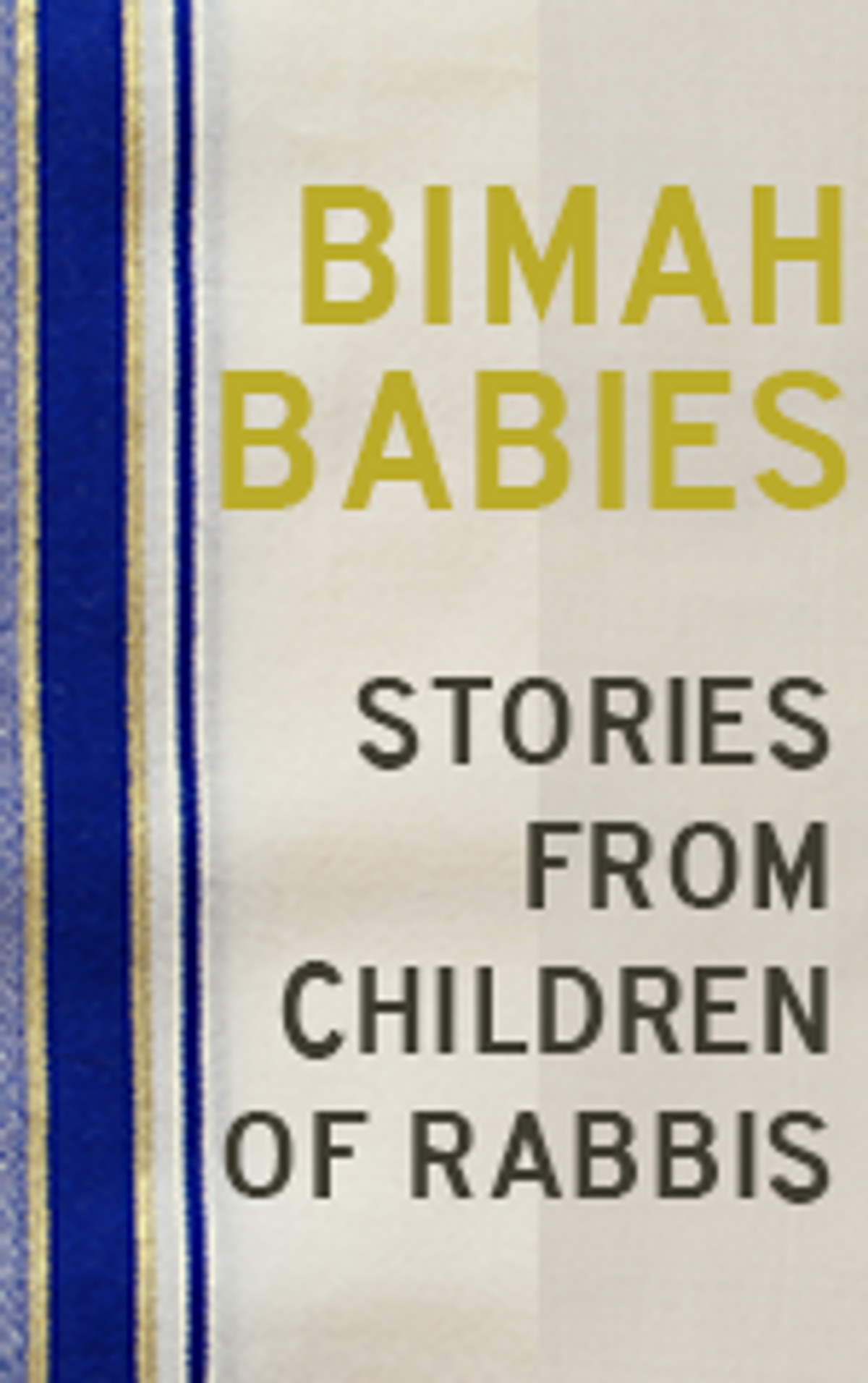Coming Out (as Agnostic) to My Dad, the Rabbi
The third in a series of reflections about growing up in a rabbinic home




Upon entering my house, chances are, you’ll notice the Jewish books.
Floor-to-ceiling bookcases line the walls, plus there’s the library in the basement, a converted garage with so many books that we installed dual layers of shelving, bookcases that roll along a track to reveal—you guessed it—more bookshelves. All stuffed to the gills with sefarim—Hebrew, English, scholarly, popular, Gemara, Tanach, halacha, haggadot, siddurim, commentaries, you name it, we’ve got it. Or my dad wanted to buy it but my mom wouldn’t let him.
To put a finer point on it, I’m the daughter of a Modern Orthodox community rabbi. Which means it’s been clear to me from birth where my parents’ priorities lie. Our library is probably worth more money than the house. My father’s iPad is full of apps of yet more Hebrew texts (and Angry Birds). My six siblings and I have or will attend yeshiva through high school and perhaps beyond, and spend a pre-college year in Israel.

It’s not that my parents ever denied the existence of an outside world. My mother raised us on audiobooks ranging from The Secret Garden to Harry Potter, and my father is known as the Star Trek/Harry Potter Rabbi. (He wrote some weird haggadah recently. You may have heard of it.) My parents never pretended there aren’t a million other ways to live or believe. It’s just that the choices they’ve made regarding how they spend their money, where they send us to school, how they want us to dress, what TV shows we watch, what music we listen to (even if they’re not very strict on that)—all this says: “This is what we believe is right. This is what we’re raising you to value. This is what, in an ideal world, we want you to be.”
So when it’s clear to you that you’re not that, that you don’t belong, that you don’t value the things you’re supposed to value, that you don’t believe the things you’re supposed to believe … well, it can be tough.
*
Agnostics are religion’s bisexuals; we bring out the skepticism: “Oh, you’re just confused.” “Eventually you’ll figure out which side of the line you’re on.”
It doesn’t seem to occur to people that I can be comfortable in my not-knowing. That I can feel at ease with not trying to force myself to make up my mind and pick a side when neither sits quite right with me. I’ve tried that, tried convincing myself that I’m a true believer, tried equally hard convincing myself I’m an atheist. Because being firmly on one side or another would simplify so much, to myself and others.
But neither would be honest.
*
I kept silent for a very long time, denying this, ignoring it, trying to change it. I did everything I could to make myself a valued and indispensable member of our household, because I was convinced that my parents wouldn’t love me the same if they ever found out that our religion didn’t matter to me the way that it mattered to them.
Eventually, I admitted it to myself. Then to a select group of friends.
And then—at last, after intense waffling, panic, resolve, more panic, and there may or may not have been a boy in the equation at the time—I told my parents.
And nothing happened.
Well, my mother stopped asking every morning if I’d remembered to pray, and my father tentatively suggested a book I might like to read.
But other than that, nothing changed.
Which of course meant everything did.
For the first time, I didn’t feel the need to justify my existence. My place in my home and family suddenly wasn’t tainted, calculated, or false. Everything I did, I did because I belonged unconditionally, not because I was desperately clawing out a me-shaped hole and clinging to it against all hope.
I may not be everything my parents may have once hoped or expected, but I belong; I am loved; I am home.
Sarah Meira (SM) Rosenberg (@FloatingSpirals) is a writer and copy editor who took a brief detour as an auto mechanic before returning to the written word. Her commentary and fiction can be found on her blog and at Amazon.